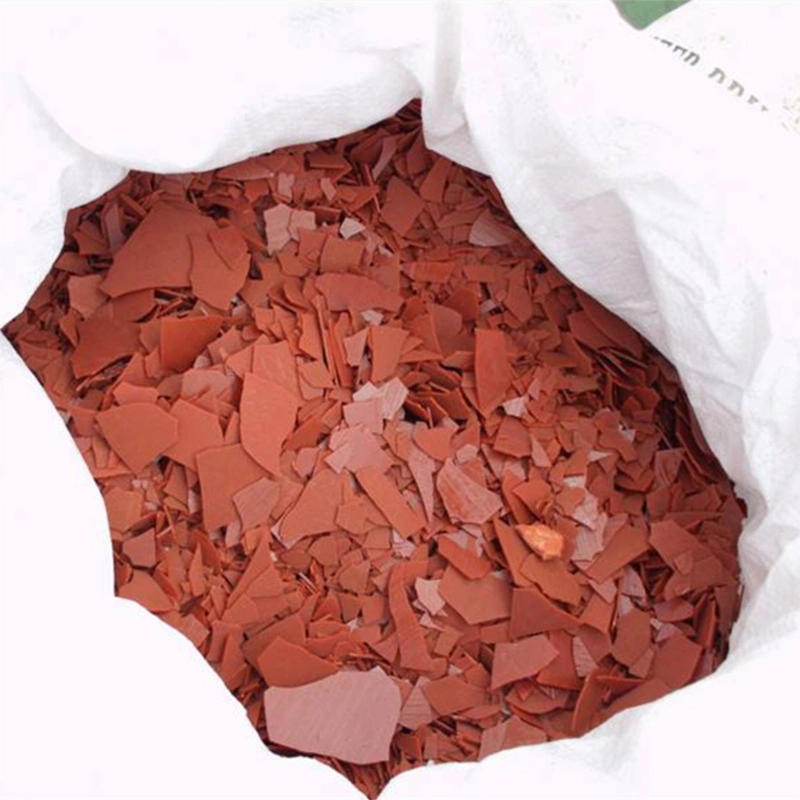



chlorine dioxide as medicine
Chlorine Dioxide as Medicine Potential Uses and Considerations
Chlorine dioxide (ClO₂) is a chemical compound that has garnered attention in various fields, particularly in medicine. Known primarily as a disinfectant and bleaching agent, its potential pharmaceutical applications have sparked interest among researchers and healthcare professionals alike. While some claims surrounding chlorine dioxide assert its efficacy in treating various diseases, it is essential to navigate this topic with caution, understanding both its potential benefits and the associated risks.
Chemical Properties and Mechanism of Action
Chlorine dioxide is a yellow-green gas at room temperature. It is highly soluble in water and can be generated as a stable solution. Its effectiveness as an oxidizing agent makes it a valuable tool in water treatment processes, where it effectively eliminates bacteria, viruses, and protozoa without forming harmful byproducts. This oxidative action leads to discussions about its potential therapeutic uses, primarily due to its ability to interact with biological tissues.
In the medical context, the proposed mechanism of chlorine dioxide involves its ability to react with and destroy pathogens, potentially offering a method of disinfection in the human body. Advocates suggest that when administered in controlled doses, it can oxidize harmful microorganisms, thereby combating infections.
Proposed Applications in Healthcare
Proponents of chlorine dioxide as a medicinal agent have suggested several applications, including the treatment of viral infections, bacterial infections, and various chronic diseases. Some individuals have claimed success in using chlorine dioxide for conditions such as COVID-19, malaria, and even cancer. The idea rests on the notion that chlorine dioxide can reduce the viral load, thereby aiding recovery.
However, these claims have been met with skepticism from the mainstream medical community. Clinical evidence supporting the efficacy of chlorine dioxide for such uses is limited, and most existing studies are anecdotal or involve small sample sizes. The medical community emphasizes the need for rigorous, peer-reviewed research to substantiate any claims of efficacy.
Safety and Regulatory Concerns
chlorine dioxide as medicine

Chlorine dioxide is recognized for its effectiveness as a disinfectant, but this does not automatically translate to safe human consumption. The chemical is classified as hazardous and can cause severe respiratory tract irritation, skin burns, and other adverse effects when mishandled or used improperly. The U.S. Food and Drug Administration (FDA) has issued warnings against the consumption of chlorine dioxide products, particularly those marketed as miracle cures.
Consumer products containing chlorine dioxide, often marketed as industrial or cleaning agents, are not designed for ingestion or therapeutic use. Misuse or overdose of these products can lead to serious health risks, including nausea, vomiting, diarrhea, and even life-threatening conditions.
The Importance of Scientific Rigorousness
Given the potential risks associated with chlorine dioxide, any prospect for its use in medicine must prioritize scientific rigor. Claims of its effectiveness require thorough evaluation through controlled clinical trials. Medical research must scrutinize not only its benefits but also potential side effects, contraindications, and long-term impacts on human health.
The scientific method must guide the investigation of chlorine dioxide's therapeutic potential. Open dialogue among researchers, clinicians, and regulatory bodies is essential to ensure safe and effective medical practices. Misinformation surrounding chlorine dioxide can lead to individuals seeking unverified treatments, potentially endangering their health.
Conclusion
Chlorine dioxide presents an intriguing subject for exploration within the field of medicine. While its disinfectant properties are well-established, its potential applications in clinical settings remain contentious and warrant careful consideration. Without substantial and rigorous clinical evidence, chlorine dioxide should not be viewed as a panacea or alternative treatment for serious health conditions.
As research continues, it is crucial for patients and healthcare providers to rely on scientifically validated approaches to treatment. Caution must be exercised in considering chlorine dioxide as a medical option, reinforcing the need for patient safety and comprehensive evidence in healthcare practices.
-
Why Sodium Persulfate Is Everywhere NowNewsJul.07,2025
-
Why Polyacrylamide Is in High DemandNewsJul.07,2025
-
Understanding Paint Chemicals and Their ApplicationsNewsJul.07,2025
-
Smart Use Of Mining ChemicalsNewsJul.07,2025
-
Practical Uses of Potassium MonopersulfateNewsJul.07,2025
-
Agrochemicals In Real FarmingNewsJul.07,2025
-
Sodium Chlorite Hot UsesNewsJul.01,2025










